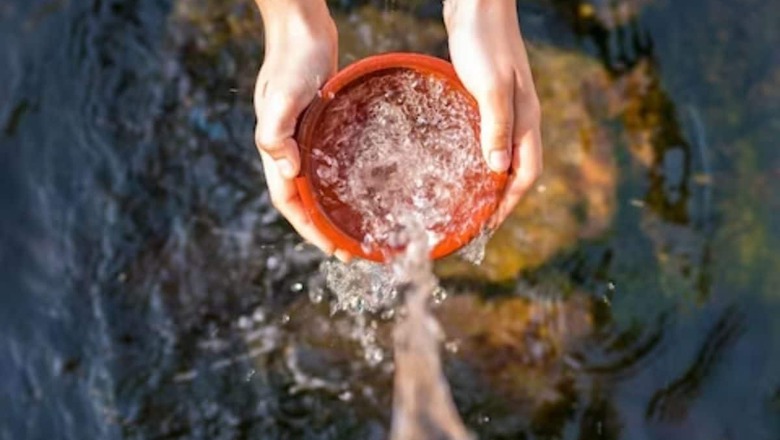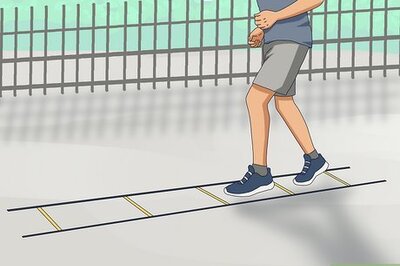
views
One of the most important things that is needed for our survival is water. We can survive a few days without many things, but not without air and water. We use water for various purposes such as bathing, washing clothes, or even cleaning something. As we know, water has the quality of making things wet. But do you know that water itself is not wet?
We are all aware that water makes things wet wherever it falls; it fills the place with moisture. According to reports, water is made up of oxygen and hydrogen. Oxygen contains moisture, and this gives moisture to water. There is water in the liquid form of oxygen, but it is not wet. When water hits a solid surface, we consider it wet. Water itself is a mixture of many types of metals, minerals, and molecules, which also have their natural qualities.
Most scientists believe that water itself is not wet but can give others the experience of wetness. When water remains in liquid form, its molecules are at a short distance, but reflection takes place in contact with temperature. However, water cannot wet everything. For example, plastic does not get wet with water. Overall, wetness is not a quality of water; it is just an experience that occurs in our existence after coming into contact with water.
However, many everyday analogies can better our understanding as to why is water not wet. Wetness is like heat. When we touch a hot object, we feel the hot temperature, but the object itself isn’t “heat”. Similarly, when we touch water, we experience wetness, but the water itself is not “wet”. Similarly, a battery can provide electricity to power electronic devices, but the battery itself is not “electricity”. The battery stores electrical energy and can transfer it to other objects, allowing them to function. In the same way, water has the quality of wetness and can transfer that wetness to other objects when it comes into contact with them.




















Comments
0 comment